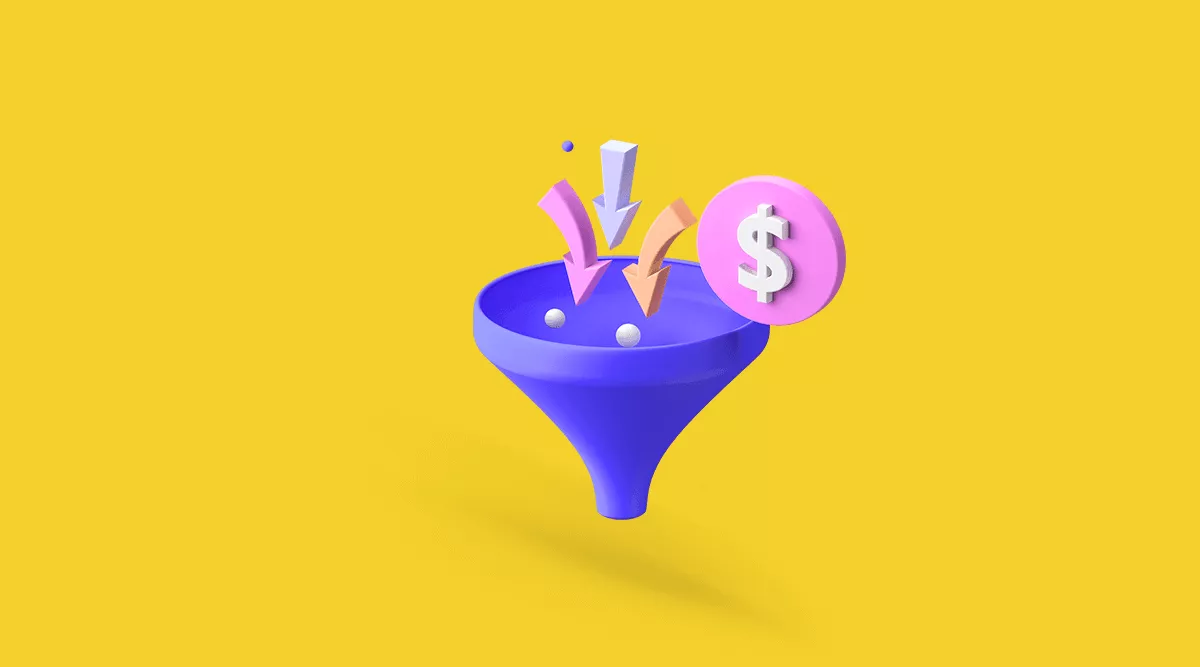
Before a customer actually becomes a paying customer, he or she first needs to become aware of a company’s product or service. This initial awareness is the Awareness stage, and it’s where a company must start building brand awareness. In addition to educating the potential customer about the company’s products or services, full-funnel tracking will help a business to track their buyers’ behavior throughout the funnel. While at the Awareness stage, a potential customer browses a company’s product or service descriptions, reviews, and competitors, and seeks to find a solution to a problem.
The next step in the funnel involves identifying your ideal customers. Using research and data to identify your ideal customers, develop a segmentation strategy. Create a customer avatar worksheet to better understand your target B2B buyers. Also, consider using social proof to increase conversions. You may want to consider providing incentives in the form of a free eBook or a free consultation. Finally, remember that your sales funnel is unique, and it will look different depending on the type of product or service you sell.
As a business owner, the importance of having a sales funnel is undeniable. Creating an effective sales funnel is a thorough process that requires considerable research and effort. But when properly implemented, it will ensure a smoother sales process for customers. The sales funnel helps businesses retain more customers. There is a clear path to follow in achieving this. Once a customer has entered the funnel, the company can use other methods to get their attention.
In the Engagement stage, prospects have decided if the product or service you’re offering is a solution to their problem. If they’re not satisfied with the solution, they’ll look for an alternative solution – and that’s where the sales funnel comes in. This stage also involves follow-up calls or emails to a prospect. In the middle of the sales funnel, your company will want to build a relationship with the prospect.
CRMs also help salespeople understand the conversion rate of each stage of the funnel. They can use this data to forecast sales, analyze customer behaviors, and find the bottlenecks in the sales process. A good CRM will calculate the conversion rate at every stage and convert it into a percentage. In addition, a sales funnel software can even assign leads to sales reps based on the buyer persona they’re targeting. There are many other benefits to sales funnel software.
The most important challenge for sales reps is how to identify the most qualified sales leads. An experienced sales rep will have developed the ability to spot qualified leads over time, and will work on the most appropriate opportunities. An inexperienced sales rep, on the other hand, is struggling to separate the high-quality leads from low-quality ones, and chasing all leads. This is a problem that can be easily remedied by training and learning from past mistakes.






